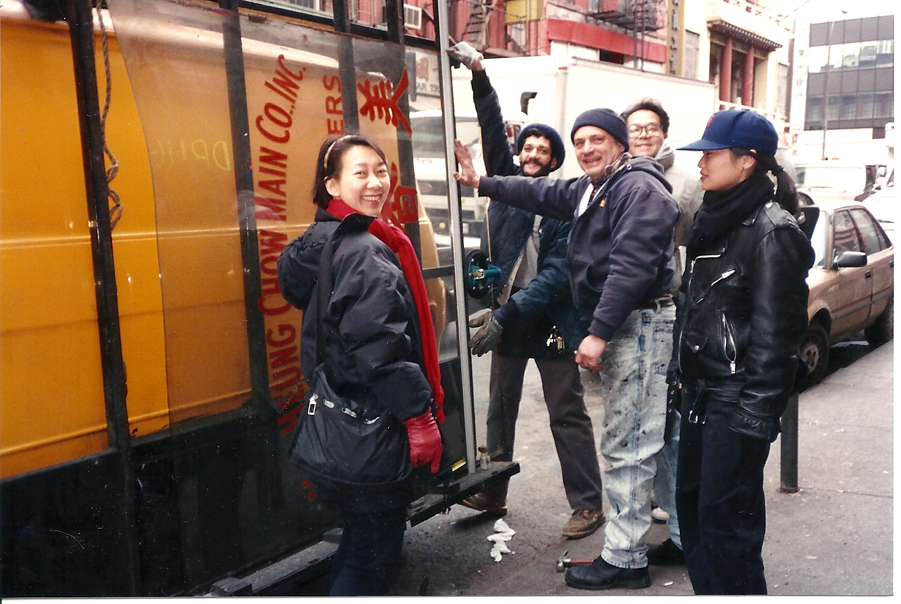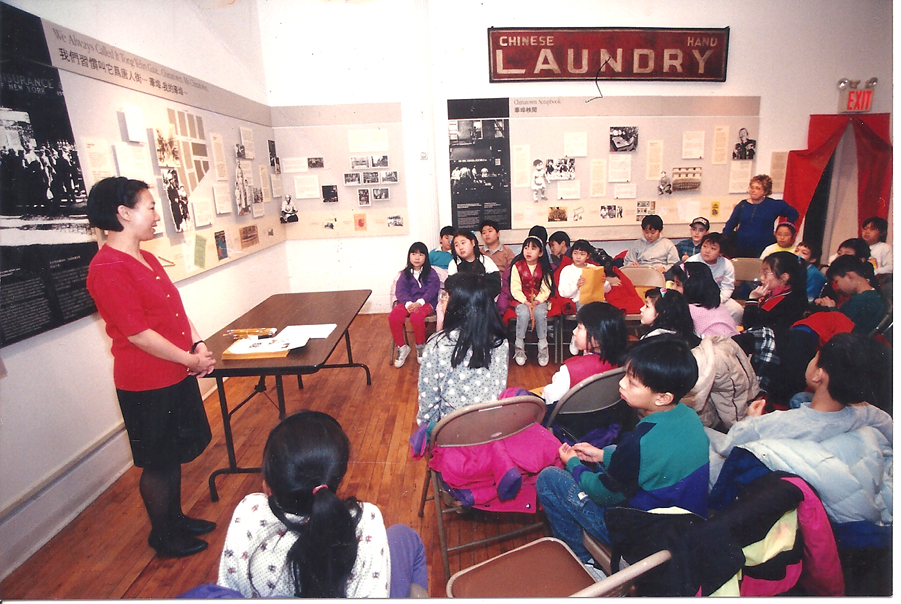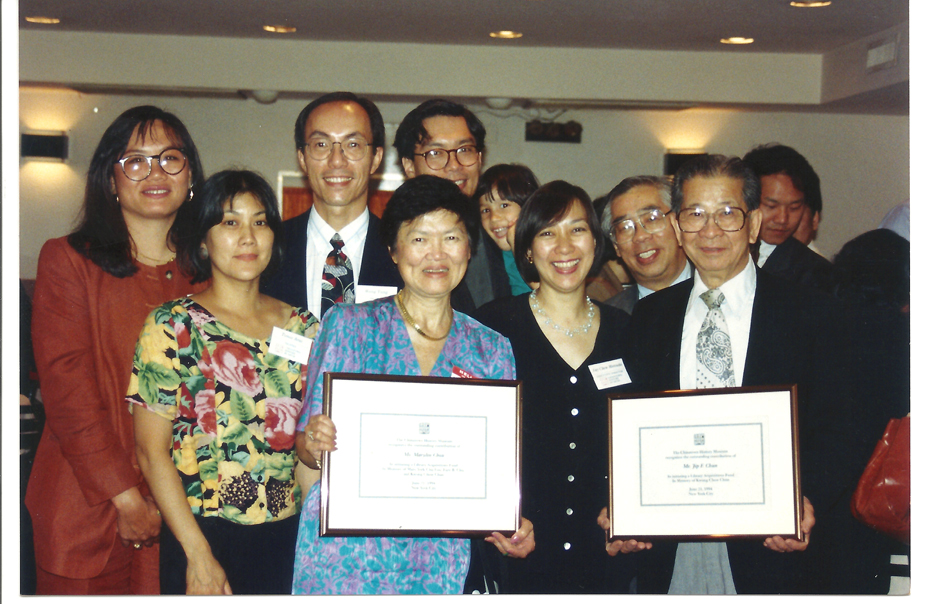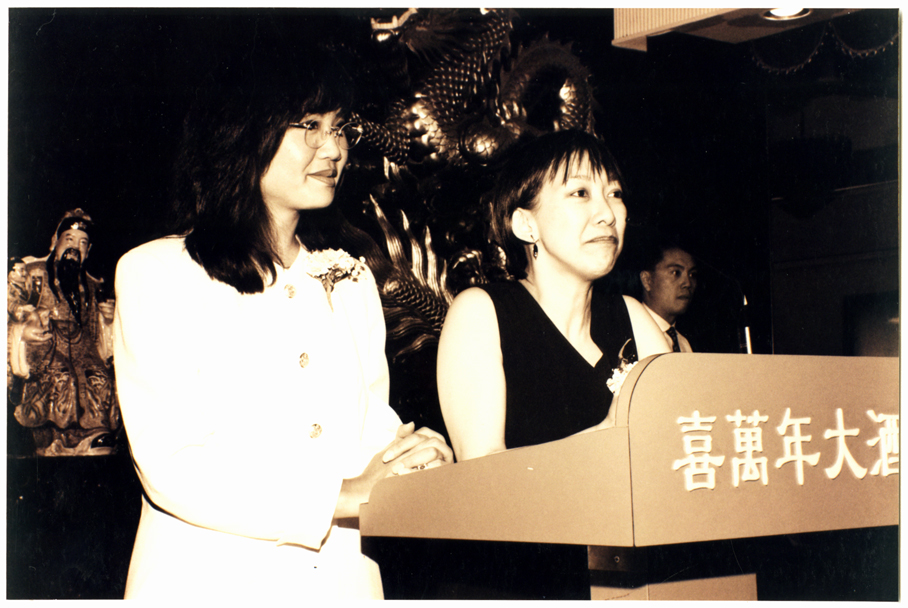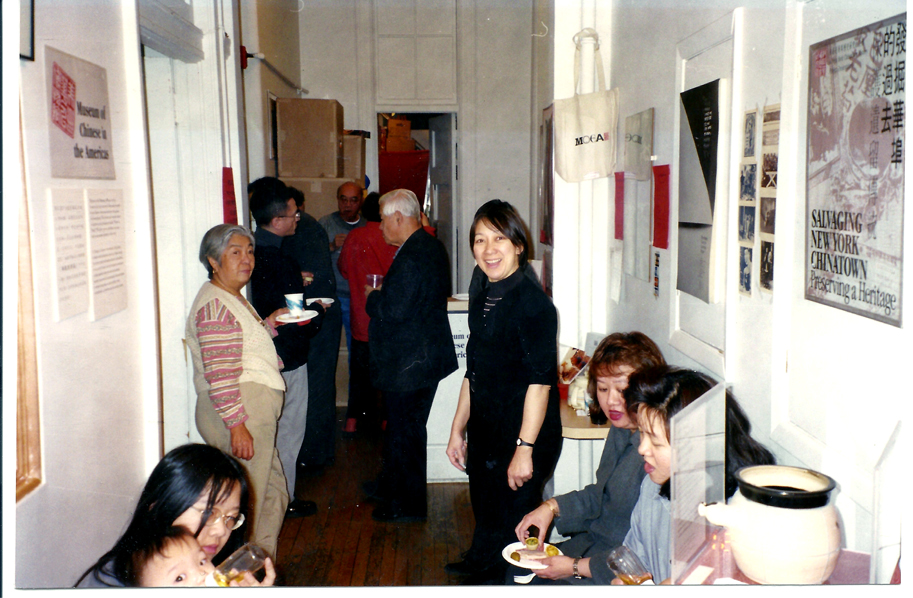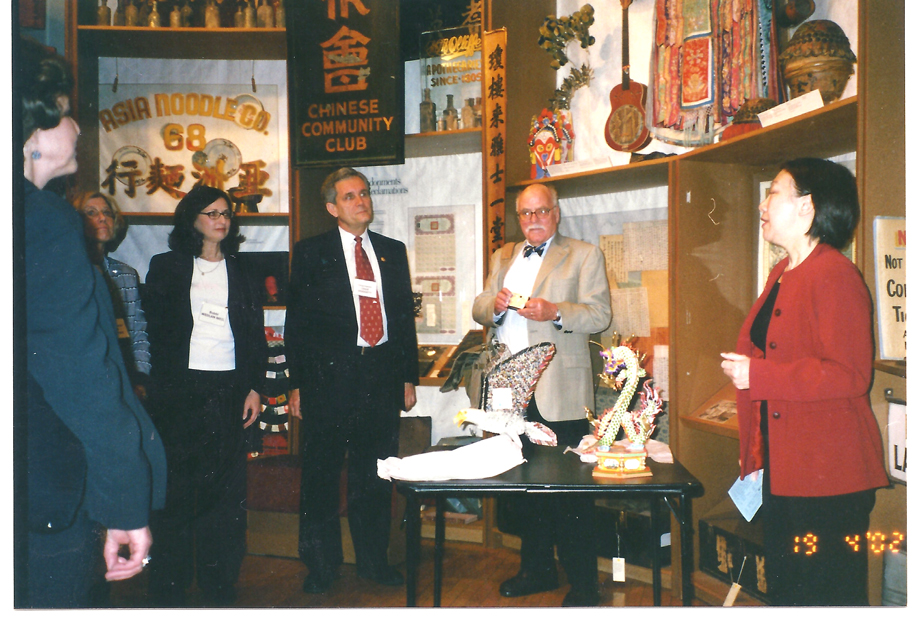“It was about reclaiming our own history and telling the story we wanted to tell.”
For more than a decade, beginning in 1989, Fay Chew Matsuda led MOCA as its Executive Director. Through her fundraising and extensive community contacts, she established what was initially a grassroots operation on a more permanent footing, and worked tirelessly to preserve a community history that was in danger of vanishing with the fading memories of older generations and gentrification. Her efforts helped build MOCA into the first and still the only museum dedicated to honoring the rich history of Chinese American immigrants in New York City, home to the largest population of ethnic Chinese outside of Asia. During her tenure, the activist and volunteer-staffed Chinatown History Project became the more permanent Chinatown History Museum, and later expanded its mission as the Museum of Chinese in the Americas to reflect the broader origins and trajectories of more recent immigrants. The following staff-produced photographs are in memory and tribute to her work and the milestones Chew Matsuda helped MOCA achieve. They capture her with MOCA staff at Mee Heung Chow Main Company rescuing artifacts to preserve the 64-year history of this longstanding Chinatown business when it permanently shuttered in 1992, at the celebration of the 15th anniversary of MOCA’s founding, at MOCA’s staff and family holiday party in 2000, and at various other MOCA events.
Chew Matsuda grew up in what is now the East Village, the daughter of Chock Nom Chin, a laundryman, and Bick Koon Chin, a garment worker. Her activism in the Chinatown community began during her time at the Basement Workshop, an arts and activism organization that became a hub for the Asian American Movement on the East Coast. Her desire to work in a profession in which she could help people led her to pursue a master’s and initial career in social work with the elderly. She has had a long career serving key roles in community institutions, including at Hamilton-Madison House, the Chinatown Health Clinic (now Charles B. Wang Community Health Center), the Asian American Federation, and the Asian American Legal Defense and Education Fund. She is a beloved and missed member of the Chinatown community and we are very thankful to have had her.
